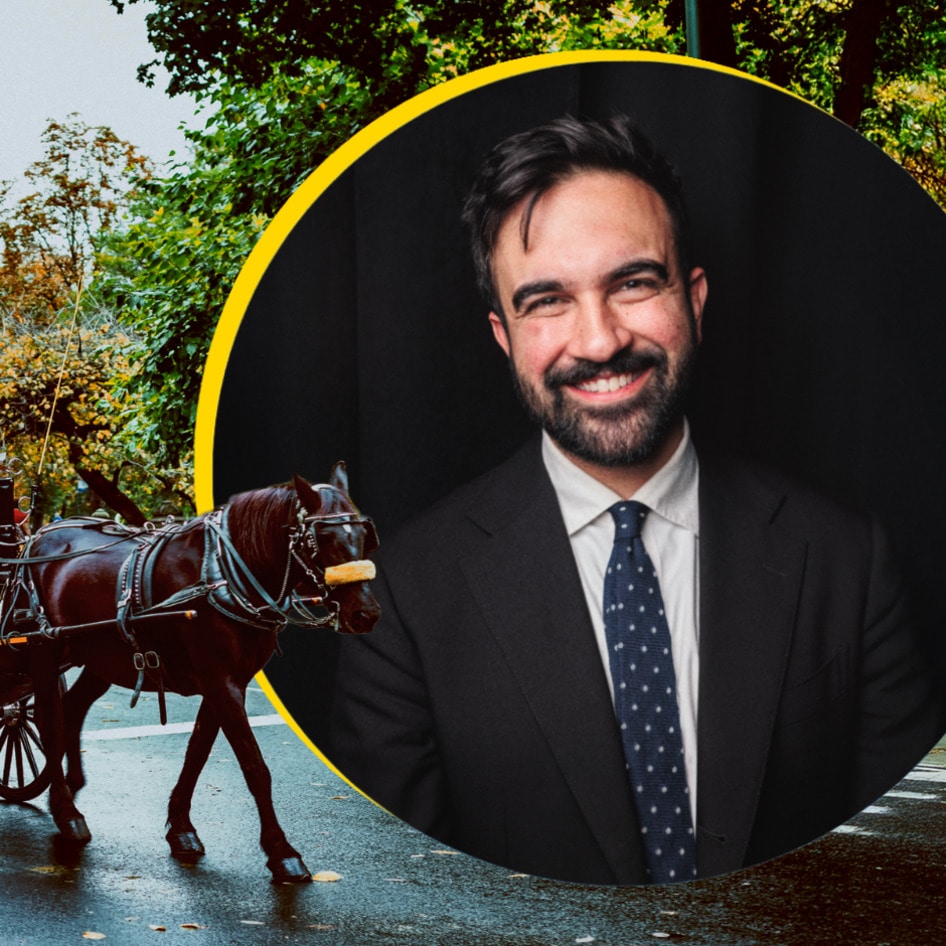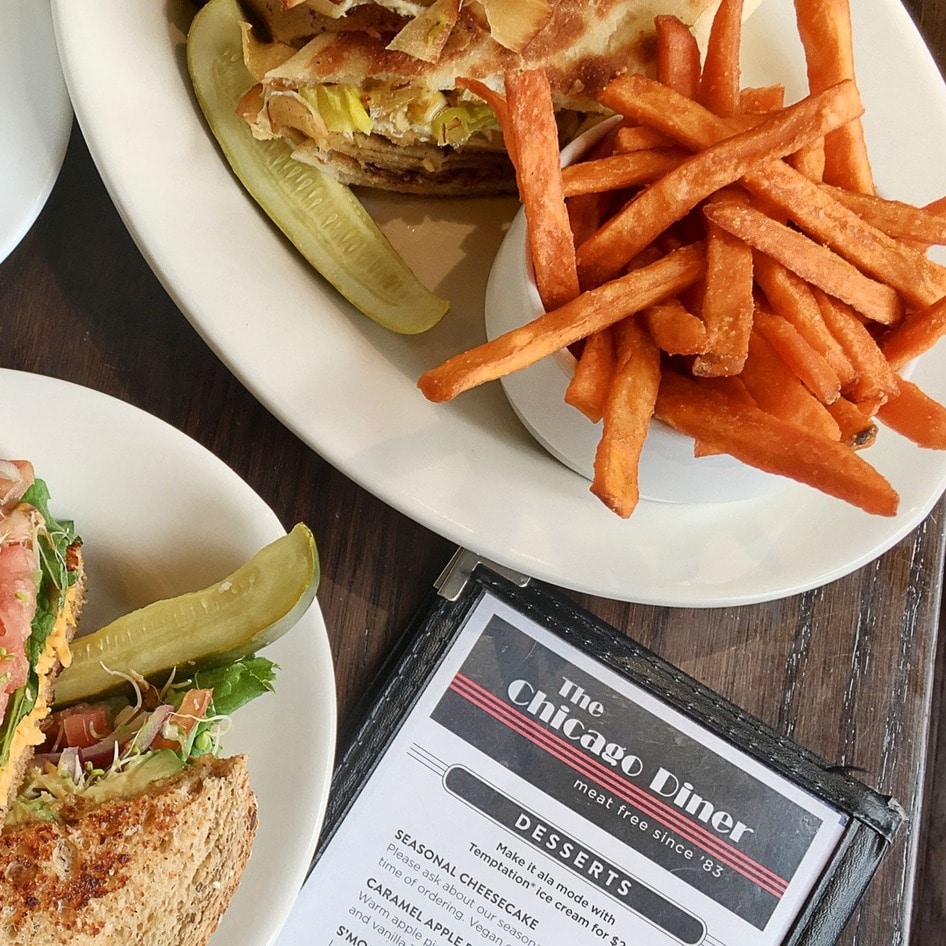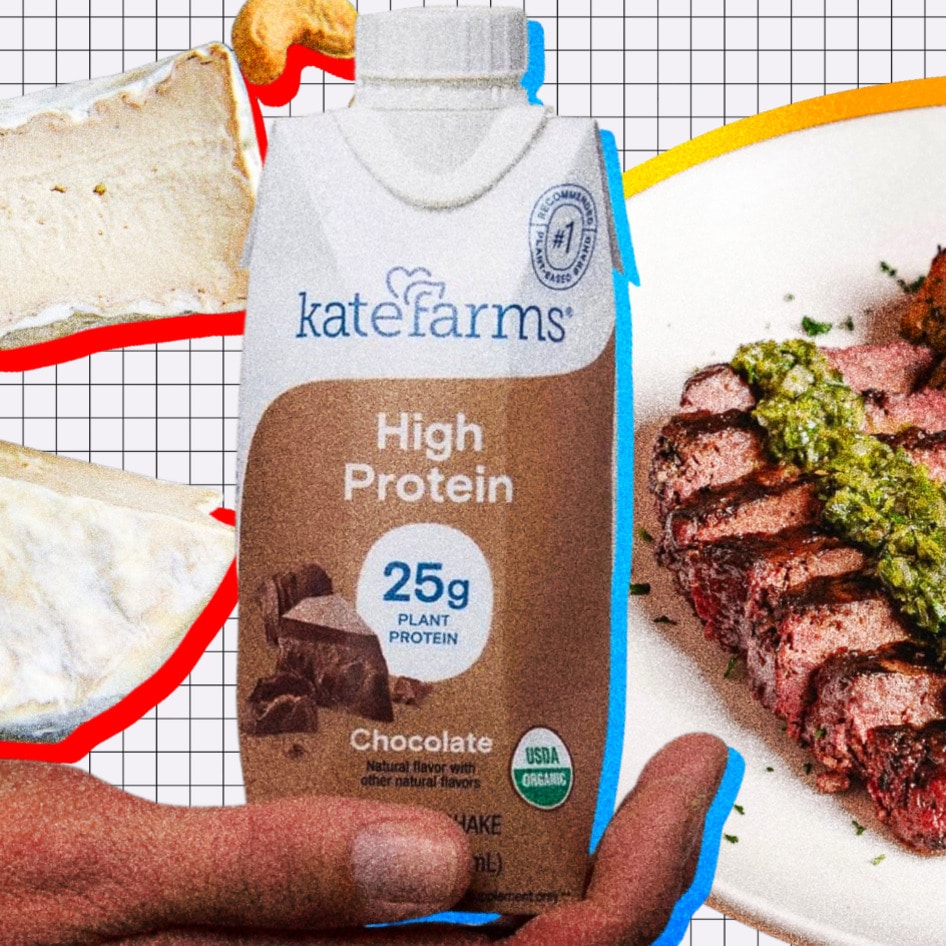Foie Gras Fight
With pro-animal legislation making forward strides everywhere else in the US, why did Chicago take a giant step back?
November 25, 2008
In 2006, the Chicago City Council passed an ordinance—against the objections of Mayor Richard Daley and the Illinois Restaurant association—to make the Windy City the first in the US to ban the sale of foie gras. Animal advocates embraced the new law as an historic step toward more humane eating in a major American metropolis, and it enjoyed widespread public support. Yet, just two years later, the Council suddenly rescinded their decision without any debate or deliberation, again legalizing foie gras and all the cruelty entailed in force-feeding ducks and geese to harvest their bloated, diseased livers.
In 2004, thanks to undercover video footage obtained by investigative activists, the force-feeding controversy first hit the headlines. Protests at restaurants around the country caused many to drop the dreadful delicacy from their menus, whether they were afraid of losing business or agreed that force-feeding constitutes cruel and unnatural torture. A law to ban foie gras throughout California by 2012 had been passed, and legislation was pending in other cities and states.
Having sat frozen in committee for more than a year, the swiftly enacted Chicago repeal came as a surprise to many. Activists only learned of the vote less than 24 hours before it took place. By the time concerned Chicagoans contacted their aldermen, most of them were already at City Hall. Alderman Tom Tunney (former chair of the Illinois Restaurant association and a local restaurateur) successfully employed an arcane political maneuver usually reserved for non- controversial legislation that permits a Council member to move to “discharge” a matter from committee without a public hearing.
Of the 48 aldermen who initially voted in favor of the ban, only six opposed the repeal. The Council’s reversal says a lot more about the well-greased gears that comprise the Daley political machine in Chicago than the issue of foie gras, but the outcome was a disappointing defeat for animal protection.
Alderman Joe Moore first learned about the inherent cruelty of foie-gras production when newspapers reported that nationally known Chicago chef Charlie Trotter had decided to no longer serve the dish in his restaurants because it was inhumane. The sale and/or production of foie gras had already been banned in more than 15 countries, and momentum against it was building throughout the US when Moore introduced a proposal to the City Council to outlaw foie-gras sales in Chicago.
“In the bigger picture, this will probably be just a small bump in the road for the larger international work to prohibit force-feeding and foie gras,” says Chicago-based activist Nathan Runkle. “Now, in Chicago and around the nation, we should keep focusing our grassroots efforts on convincing restaurants that they have more to lose than to gain by condoning this sort of horrific animal abuse, while continuing to promote veganism to society at large.”
In recent years, 84 restaurants in Chicago and 217 in Illinois have pledged not to serve foie gras, with hundreds more around the country making the same commitment. Until the law protects animals from this torture, at least conscientious business-owners and consumers can continue to take a stand against the cruelty of force-feeding.
Many progressive pockets around the world have already taken legislative action against foie gras:
California
Denmark
Finland
Germany
Israel
Norway
Poland
Sweden
Switzerland
Turkey
The United Kingdom
JUMP TO ... Latest News | Recipes | Guides | Health | Subscribe







